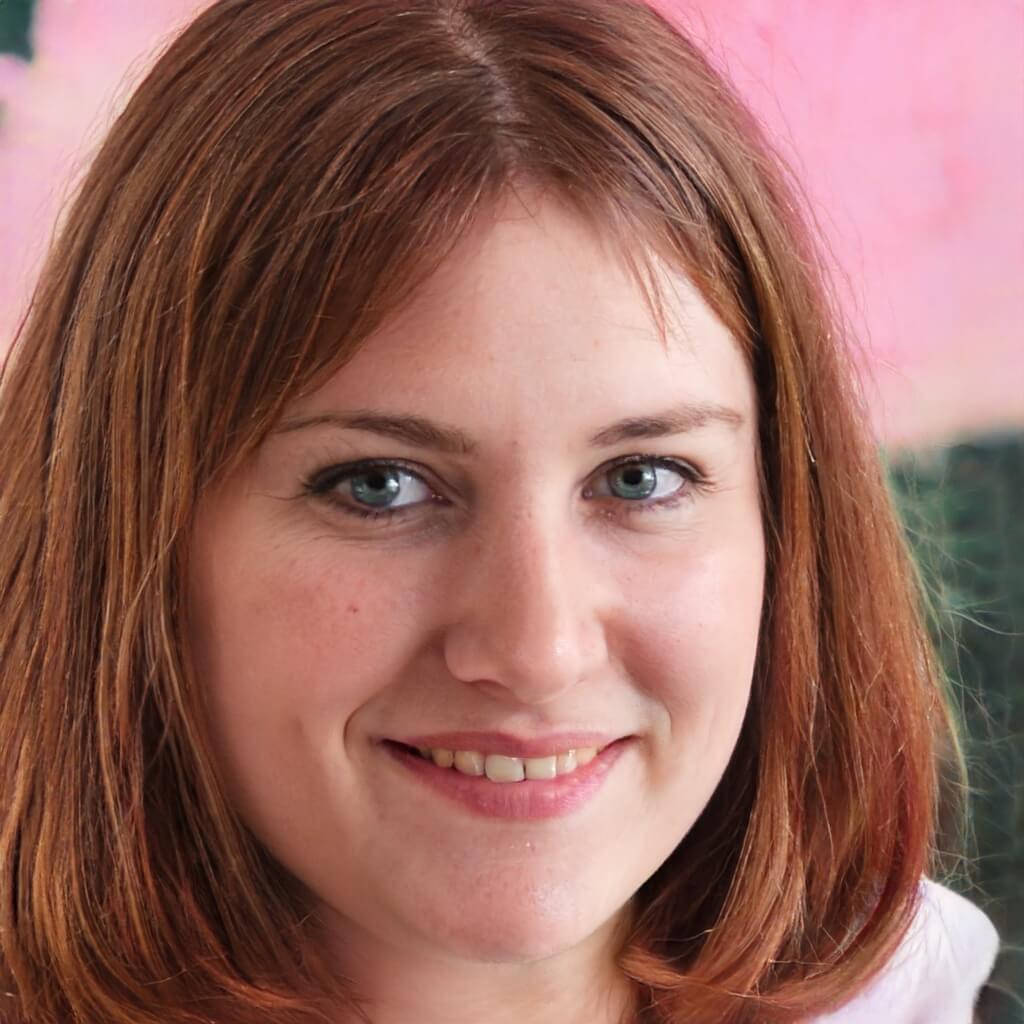Yiddish in the Yiddish language means Jewish. It is a language comprised of Hebrew, German and a mix of some Slavic (Indo-European languages including Russia, Polish, Bulgarian) languages. It was known as the international language for the Ashkenazi Jews (Jews and their descendants from Central and Eastern Europe), and the alphabet is based on Hebrew characters.
About a century ago, during the early 1900s, Yiddish was estimated to have been spoken by approximately 11 million Jews. Afterwards, it started to decline in use and people didn’t speak it much until quite recently, when many Universities started to offer Yiddish classes, allowing many Jews to take advantage and learn about their cultural heritage.
The American vocabulary actually includes a substantial amount of Yiddish words. These words entered the American vocabulary by means of Yiddish-speaking Jews in the TV, radio and movie industries. Many were talk show hosts, screenwriters and actors. Various words were introduced that Yiddish speakers could not find English alternatives to. The Yiddish language is rich and very precise, in that there are many words to describe exact personality types of people and words used to differentiate the tiniest of details, not to mention sounding cool and new to the American people. These words, which were used by social media, were then popularized and incorporated into daily American usage. The words presented a fashionable trend, and were adopted by others as they had been used on radio, TV and in the movies.
Here are some Yiddish words which are often used in daily vocabulary as well as in movies, TV serials or other media:
Glitch – a small problem or error and is said to be of German origin.
Klutz – means a clumsy person but in Yiddish it means a block, like a block of wood, and comes from German.
Schlock – means damaged stock content or merchandise or not top quality and is of German origin.
Schmaltzy – being too sentimental and over the top in feelings. The word comes from schmaltz, which means chicken fat or grease, and is of German origin.
Schmooze – to chat or talk in an informal way and is taken from Hebrew.
Schmutz – means dirt and is taken from German which means the same today.
American English has in part the introduction of Yiddish words to thank for contributing to its broad diversity. English seems to always be borrowing from other languages and is in constant change and revival. Yiddish words were introduced by means of Yiddish Jews using various words in popular media. These words then became fashionable and incorporated into daily American usage and are still widely used today.
Sources
http://www.jewfaq.org/yiddish. htm








